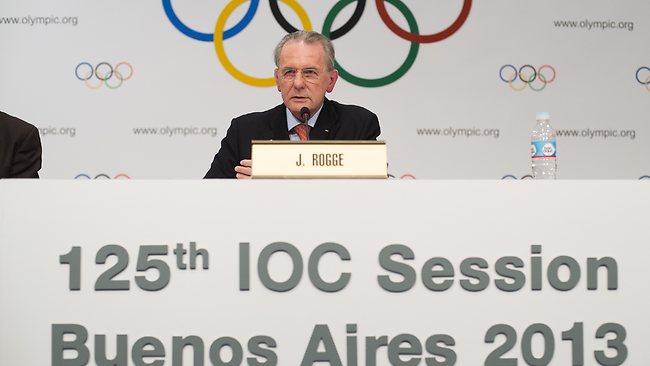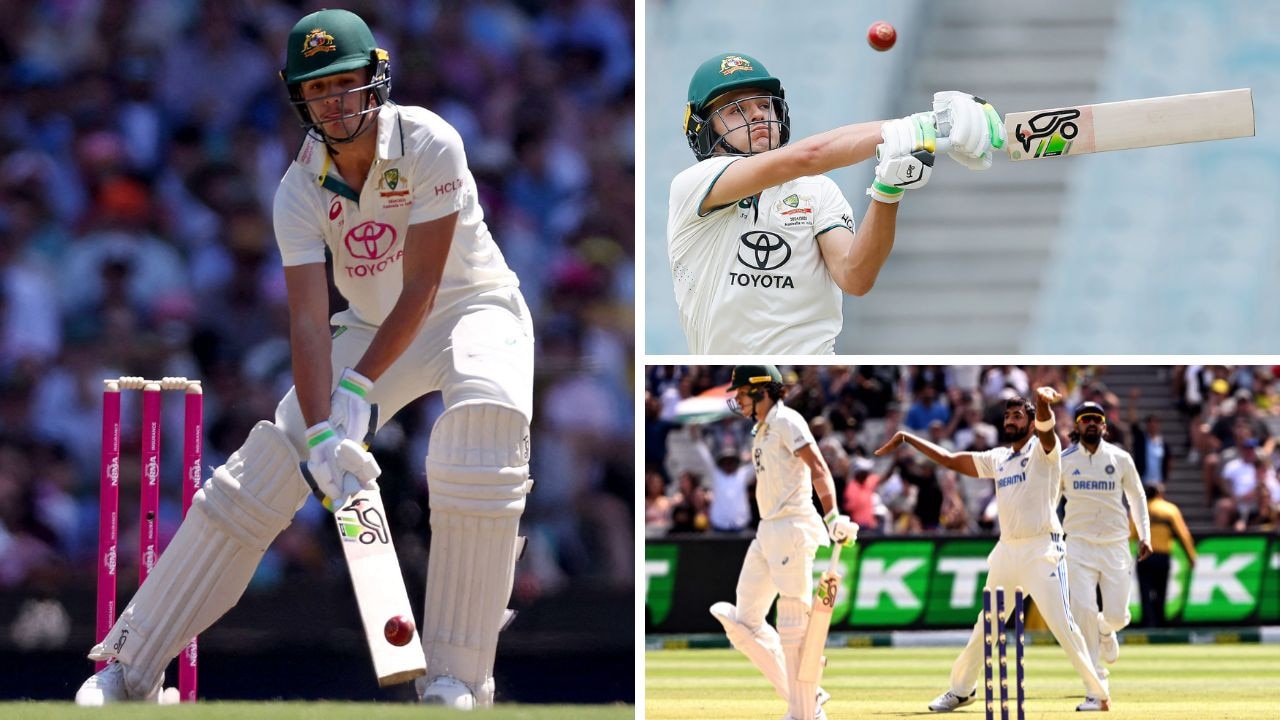Word leaks out that Tokyo remains favourite for 2020
Despite the Fukushima fallout, IOC voters are expected to see Japan as a safe pair of hands, says Rick Broadbent

Despite the Fukushima fallout, IOC voters are expected to see Japan as a safe pair of hands, says Rick Broadbent
In the plush corridors of power, which double as the Buenos Aires Hilton, the Olympic sport of schmoozing is reaching its climax. Princes, pole vaulters, sheikhs and soccer stars are shaking on the greatest prize in sport. The biggest bill will follow.
The race for the 2020 Olympic Games is a three-way fight between Tokyo, Madrid and Istanbul. A cynic may see that as a battle between radioactive leaks, economic meltdown and riots in the streets. There have been other setbacks, too, ranging from Japan's Deputy Prime Minister having to deny making pro-Nazi remarks to Turkey's Prime Minister insisting that he is not a dictator.
The scenario adds resonance to the words of Thomas Bach, the favourite to succeed Jacques Rogge as president of the IOC, when he spoke of sport's grand delusions. "The first is that it has nothing to do with politics," he said. "The second is that it has nothing to with money."
The host city will be announced on Saturday, the new president on Tuesday. Those votes bookend the bunfight between wrestling, squash and a joint effort by baseball and softball for the last sporting spot.
The feeling is that President Bach will be watching wrestlers in Tokyo in 2020. An IOC source said the Japanese capital is cruising towards the finish line. However, mounting concerns about leaks of radioactive water at the Fukushima nuclear plant are a potential game-changer.
Tuesday's announcement that the Japanese Government had pledged 300 million pound ($510m) to build an ice wall around the plant was surely no coincidence, while the Japanese in Argentina have been quick to point out that Tokyo is 250 kilometres away. Masato Mizuno, CEO of Tokyo 2020, told The Times: "Tokyo is a safe pair of hands."
It is the bid mantra, but when asked directly whether Fukushima had damaged the city's challenge, he offered the non sequitur: "Our bid has enjoyed building momentum day by day throughout the campaign."
Mizuno has put in the air miles before the last hard yards. He wears a support on his right hand because of a "luggage-lifting" injury, but the message seems to have struck home. "This time we are looking for a safe pair of hands," Kevan Gosper, one of the 102 IOC voters, said.
The total Tokyo outlay is estimated at 5.5 billion pounds. That contrasts with London's final spend of 8.7 bn pounds. Even that is small beer compared with Istanbul's construction budget of 12 bn pounds, while the IOC has noted with concern the 32 bn price of next year's Winter Olympics in Russia.
"Sochi will be absolutely OK because the Russians love sport, they know sport, there is no limitation in their desire to perform well," Rogge said. He added that he felt an African bid would come in "the mid-term", but admitted: "We need to control the size of the Games. We have to help the organising cities by lowering the demands."
Sochi may play a part in Saturday's vote, as some IOC members question the decision to go there. It is not only the cost. Last month Rogge was in Moscow for the World Athletics Championships, where he flat-batted questions about Russia's controversial gay propaganda law, saying that the IOC awaited more information before commenting. Into that vacuum stepped Yelena Isinbayeva, the most famous athlete in Russia, who suggested that men should live with women in a "normal" society, and the Sports Minister, Vitaly Mutko, who dismissed the fuss as "an invented problem".
Istanbul officials have been talking up their growing economy, the city's uniqueness in straddling two continents and the statistic of 42 per cent of the population being under 25. However, the deaths of four people during anti-Government riots have harmed the city's chances. So, too, has the huge doping scandal that led to 31 Turkish athletes being banned in one day last month. And then there is the prospect of US-led action in neighbouring Syria. Only the deluded would suggest that politics and money are not counting against Istanbul.
Madrid, meanwhile, can offer the austerity Games. It plans to use 28 existing venues, leaving just seven to be constructed. It may also get points for perseverance, having lost out 66-32 to Rio de Janeiro last time; Tokyo had already been eliminated by then. However, for all its concerns about Sochi's spending, the IOC may struggle to give the Games to a country in the grip of a double-dip recession and 27 per cent unemployment.
This being the Olympics, Madrid has had its own scandal too. Last month Mariano Rajoy, the Prime Minister, appeared in Parliament to answer questions about illegal payments from a slush fund. The IOC is unlikely to be swayed by the whiff of corruption or internal politics, given the global scale of the prize and the timescale to 2020, but voters may have their heads turned by the perception of political glamour.
In 2005, Tony Blair did his bit to rescue London's bid. In fact, according to one IOC official, he "worked his ass off" and won the Olympics. While he worked his rear around the plush rooms of Singapore, Jacques Chirac, the French President, indulged himself with that other sort of politics at the G8 summit in Gleneagles. He was late to the ball and lost.
Seasoned IOC watchers say that this campaign has lacked the verve of past fights. "There is no obvious choice," Dick Pound, an IOC voter and former head of the World Anti-Doping Agency, said. It may come down to the presentations. Celebrities will be wheeled out. Zico, a Brazilian who once coached in Istanbul, is backing Tokyo's bid. Lionel Messi, an Argentinian living in Barcelona, had declined to back Madrid's bid, but could be seen on Buenos Aires billboards backing Turkish Airlines. On Tuesday, Madrid 2020 finally got him to wear one of its T-shirts. It was all, well, a bit messy.
It is a remarkable circus and the wooing and schmoozing will continue until Saturday, when the IOC members, including five princes, four princesses, two sheikhs, one grand duke and a record-breaking pole vaulter - Sergey Bubka - are expected to decide that the country with the nuclear leak is the safest pair of hands.
The Times


